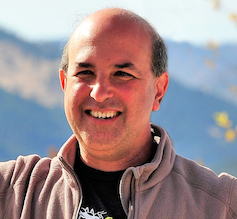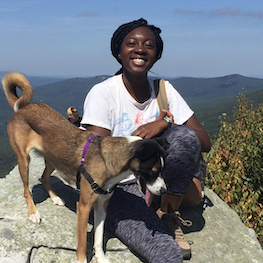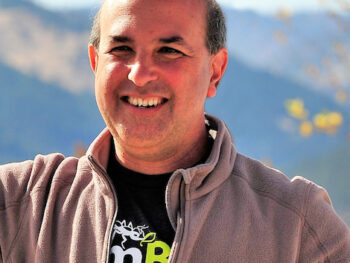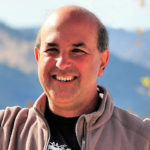
Bridging Gaps in Science Education
Over the past decade, the University of Western Ontario quietly built an excellent science education conference that is one of my favorites to attend. The biannual Western Conference on Science Education selects a central theme showcasing plenary speakers involved in teaching college-level science. This year’s theme, “Beyond Content”, was highlighted by talks exploring strategies for closing gaps between students with different backgrounds. My own “Beyond Content” talk used data from our Understanding Experimental Design and Cellular Respiration labs to ask if there is a difference between simulation-based tutorials used at home vs. those used in class (preliminary answer – not much – we’ll have a more confident answer with another year of data).
One talk I found particularly interesting in relation to our Understanding Experimental Design lab was by Fiona Rawle from UT Mississauga who, along with several impressive undergraduates, outlined strategies for improving introductory biology students’ relationship with failure. As scientists, our knowledge and experiments often fail us, making it imperative to view mistakes in a positive light – as indicators of where we need to learn or develop new approaches and ideas. Undergraduates, unfortunately, often take a failure as, well, having failed.
Dr. Rawle and colleagues provide students opportunities to make mistakes and explore how failure can be productive. One “failure” activity uses hard clicker questions in a think-pair-share format to teach students about working through a lack of understanding (something we also promote with the Poll and Discuss slide decks available with many of our SimUText Ecology chapters). The team found that response times help identify those students paralyzed by fear of getting the wrong answer, allowing an instructor to intervene. Another activity asks students to write about their own experience with failure and try to classify the ways the lesson was instructive.
Fear of failure may play a role in the persistent bias seen in test scores between men and women. Mary Pat Wenderoth from the University of Washington discussed a decade of work she and her colleagues have done to close the gender gap in test scores. While the gap is small (around 3% difference), it’s persistent, and none of the many interventions they tried – from considering the instructor, to having students write short affirmative essays, to active learning in class – entirely close it. Perhaps the most interesting thing about her talk was her use of active speaking – by taking numerous breaks for short audience discussions of the data, she modelled her techniques for active lectures in class. It was instructive to see an interactive conference presentation that didn’t come off as hokey…not only “Beyond Content” in content but also in style.
Brian Dewsberry from the University of Rhode Island also addressed closing gaps between students in class. He focused on encouraging students to be better participants in society by highlighting essential skills such as the responsibility to evaluate evidence rationally, and the ability to productively discuss issues with those who disagree. He then asked whether we achieve those goals in our own classrooms, pointing out that we spend time teaching little bits of content rather than helping students with more lofty objectives (to my consternation, he used DNA replication as an example – our newest lab at SimBio, which I was proudly presenting at the conference, is entitled DNA Explored, covering DNA structure and replication. Oh well.). He emphasized that developing relationships with students is the key to effective teaching, even in large introductory classes. One of my most interesting takeaways (other than being impressed with his dedication – he goes to student dorms for study sessions at night, and if they are absent, he’ll go knock on their doors) are his various assessments. For instance, he assigns an essay at the end of the term requiring students to give advice to an incoming freshman. The papers provide valuable insight into the students’ progress on the non-biological goals that we all hope to impart.
For those of you interested in science education research as done by scientists, or just looking for teaching ideas, (and who don’t mind spending July 4th in London, Ontario), and are ready to go both Beyond Content and (for many of us) Beyond the Border, look for their next iteration of WCSE in summer of 2021.
– Eli Meir, SimBio founder and author
